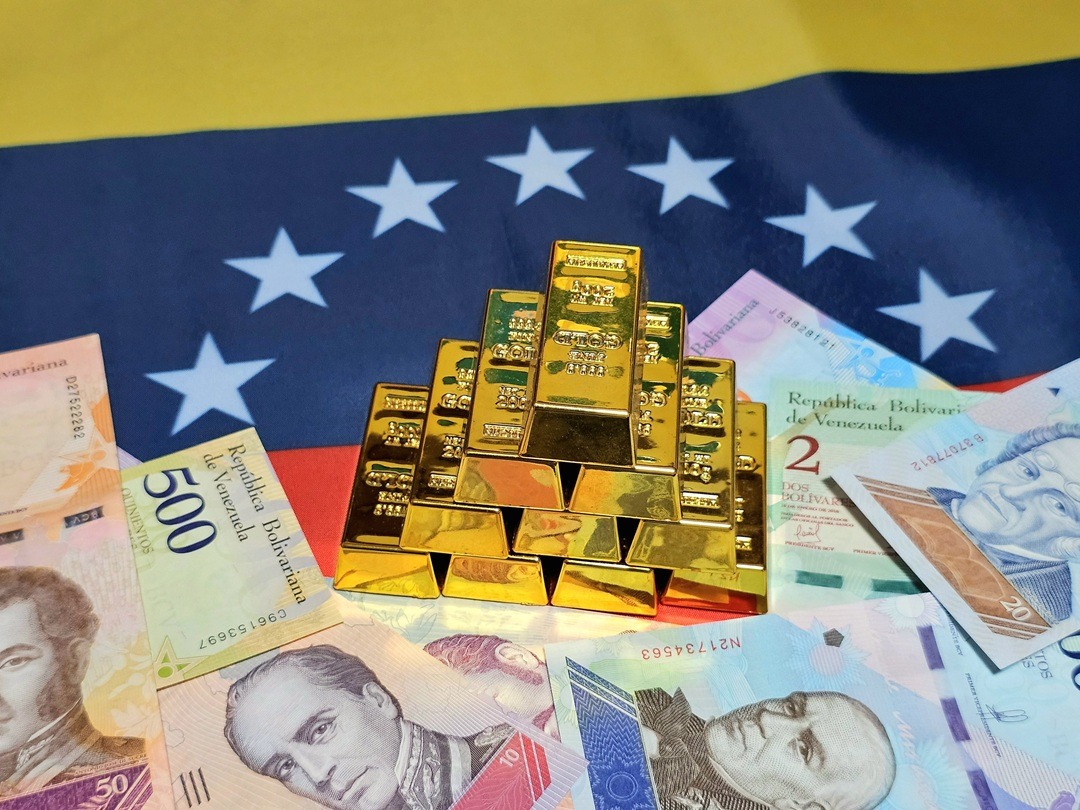How to Make Money with OTC Trading (2025 Current Data)13 min read
Reading Time: 5 minutesIn order to understand the OTC trading meaning, it can be referred to as the exchange of financial instruments directly between two members without the oversight of a formal stock market, such as securities, currencies or commodities.
⇒ Tip : OTC trading markets tend to be less transparent and subject to less stringent limitations than exchanges.
Even though OTC trading tends to have lower liquidity which is making them more susceptible to fraud. However, it offers businesses that cannot meet exchange listing requirements a way of raising capital.
What is OTC Trading? Definition and Scope
OTC trading refers to stock and bond trading that takes place beyond official exchanges.
This form of trading involves American Depository Receipts (ADRs), which represent shares in foreign businesses, and variations of contracts based on an underlying asset such as stocks or bonds.
The OTC trading market can be separated into three marketplaces. Businesses trading on these platforms must meet stringent reporting and verification processes before being appropriate to trade on any other marketplace.
These platforms’ requirements are less stringent during its dangerous phase. Many OTC trading platforms provide penny stocks, shell companies and bankruptcy filings as alternatives to consider when trading stocks on any exchange platform.
OTC trading stocks typically have lower share volumes and more unexpected prices compared to their exchange-listed counterparts since investors don’t have access to as much data about these platforms.
How OTC Trading Works?
OTC trading (over-the-counter trading) refers to financial transactions carried out directly between two buyers and sellers without the involvement of any intermediaries.
Usually across OTC trading platforms that assist both listed and unlisted securities. A great example is forex trading, in which currencies are purchased and sold through banks rather than through traditional central exchanges.
Investors may trade over-the-counter stocks through digital banking services, which allow investors to acquire foreign companies’ shares at an opportune time and without incurring important transaction fees.
Penny stocks, renowned for their low liquidity and lack of limitations, can also be traded over-the-counter.
OTC trading offers amazing flexibility and privacy, but may include higher counterparty risk and less regulation compared to formal exchanges.
Therefore, OTC traders should properly consider their OTC trading investment strategies and risk tolerance prior to placing any trades OTC-wise.
If you need assistance managing your portfolio or have concernings about any trades made OTC-wise, then consult an advisor using The Kingdom Bank‘s free tool.
The Kingdom Bank will match you up with up to three trusted financial advisors near your location who can assist in reaching your financial goals.

How to Become an OTC Investor?
Over-the-counter (OTC) trading occurs when trading is conducted beyond formal exchanges through dealer networks. OTC investors take advantage of great solutions, but should also maintain cognizant of any associated risks.
OTC stocks usually do not qualify for listing on an exchange, due to having restricted financial resources and still being in their early development steps.
OTC trading stocks often come at lower prices per share than exchange-traded shares and may involve penny stocks. Investors should research these platforms to grasp their business models and potential for profit.
However, due to less regulatory ecosystem and more flexible reporting requirements, they can be more volatile and so should only be managed by expert investors with high risk tolerances.
How an OTC Trader Makes Money?
Unlike the traditional stock market, OTC traders have an income model in which buyers and sellers make money by making direct deals. There are some most common ways of generating venues in OTC trading.
Brokerage is one of the most popular OTC trading methods of earning income. A commission is charged on transactions required between buyers and sellers.
Another common OTC trading income model is the method called “spread”. OTC traders can make great money through the amount between buying and selling rates.
In addition, the most suggested tip for OTC traders to generate income is successful risk management. OTC traders who can properly handle risk management can generate much greater income.
How to Buy OTC Stocks?
The Kingdom Bank offers over-the-counter (OTC) trading for securities that do not meet official standards, such as startup company stocks that may soon advance new technologies or medical practices.
Such OTC trading investment could seem profitable, however their lack of transparency and reporting requirements make OTC trading markets more volatile than stock traded on an existing exchange.
OTC markets can be sounded as the wild west of investing, where scams and fraud are rampant. Pump and dump schemes, where con artists encourage a thinly traded stock they own before “dumping” it at an exorbitant price are particularly risky.
Because of these risks it’s crucial that investors conduct diligence when investing OTC trading stocks or crypto OTC trading.

Is it Difficult to Sell OTC Stocks?
Yes, it can be claimed that it may be challenging to sell OTC stocks. These stocks are more difficult to trade than traditional exchange stocks. Often due to liquidity issues.
OTC stocks had low trading volume. Because they have lower recognition than traditional stock exchanges, they can often be traded by smaller companies.
Broker trading restrictions are also one of the factors that make buying OTC stock difficult. Some brokers may impose limitations on trading OTC stocks.
Is it OK to Buy OTC Stocks?
Yes, it is pretty OK to buy OTC stocks. OTC stocks can make a great addition to your OTC trading investment portfolio if chosen wisely.
For instance, they may be a productive way to gain exposure to cryptocurrency investments such as Bitcoin and Ethereum without the challenge of managing digital wallets. The Kingdom Bank shares are considered secure due to strict reporting standards.
As with any investment, OTC stocks manage the risk of loss, be wary when investing an amount that you cannot afford to lose.
Furthermore, since platforms trading OTC don’t need to adhere to exchange-traded standards when reporting financial data about themselves, publicly traded stocks can make researching them difficult.
This can be especially complicated if you’re a beginner to investing and trying to capitalize on market dynamics.
Can You Day Trade OTC Stocks?
Yes you can day trade OTC stocks. Trading OTC stocks is more dangerous than investing in stocks traded on major exchanges, due to less limitation and reduced liquidity and making it difficult for you to buy or sell at your wanted price rate.
OTC markets tend to trade unprofitable stocks with highly volatile shares that do not adhere to rigorous reporting requirements such as those enforced on stock exchanges.
OTC markets may also be sensitive to pump-and-dump schemes as they lack strict reporting requirements that are enforced on those exchanges.
Though OTC trading may seem complicated at first, investors or businesses can utilize similar strategies they employ with listed stocks for trading them over-the-counter (OTC). It should be noted, however, that OTC stocks tend to be less liquid and therefore more costly due to their restricted volume.
Join The Kingdom Bank for OTC Trading
If you are looking for the best digital bank for your OTC trading project, you can contact The Kingdom Bank right now.
As The Kingdom Bank, we enable you to trade not only with fiat currencies but also with cryptocurrencies, which are digital assets. If you are looking for a reliable and innovative crypto otc trading platform, you can reach The Kingdom Bank now.
Instead of only investing your individual assets through OTC trading and managing individual investment projects, you can also create a business account digital bank for your business by contacting The Kingdom Bank.
About The Author





